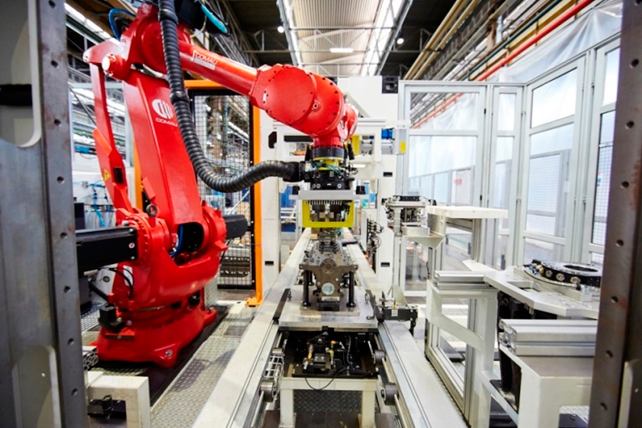BENIMPACT
Building’s ENvironmental IMPACT evaluator & optimizer


Other - Green Building
Development of methodologies (and of laboratory version of a software platform designed to implement them), capable of supporting architects and engineers in designing eco-buildings characterized by an optimal compromise between environmental performance (in terms, for example, of the CO2 equivalent produced during their entire life-cycle) and costs.
BENIMPACT is a two-year research project co-funded by the Autonomous Province of Trento through the ERDF (European Regional Development Fund).
Within the project, we have developed a prototype of suite, the "BENIMPACT Suite", which allows to simultaneously perform the analysis and calculations necessary for the design of an eco-sustainable building, through the interaction, controlled by modeFRONTIER, of a series of computational tools, highly integrated with each other.
The suite includes the use, in a single and integrated way, of five functional modules (geometric modelling, energy modelling, Life Cycle Assessment, Life Cycle Costing and multi-objective optimization), four databases (building components, energy production systems, current construction regulations, meteorological data) and two service modules (target setting modules and green design solutions).
The methodological approach of BENIMPACT allows the implementation of an integrated building project design. Usually, on the other hand, the calculation tools used to evaluate, during the design phase, the characteristics of a building, are not integrated with each other and are employed, in general, by different professionals at different stages of the design process.
Coordination; research on the state of the art and IT development of a prototype BENIMPACT Suite.
EnginSoft Spa | Habitech | ITEA Spa | EURAC Research | Università degli Studi di Trento

Funding Scheme Provincia Autonoma di Trento - Legge provinciale n.6/99 - Programma Operativo FESR 2007-2013 Obiettivo 2


Some of our competences in research and technology transfer

Research project
ProRegio project aims at developing a manufacturing intelligence based product-service that can rigorously change the current way customer requirements are addressed by manufacturing companies.

Research project
The SMEA project studied and implemented diagnostic and prognostic methodologies, supported by appropriate sensors, to monitor the functional integrity of mechanical components typical of the aviation and transport sectors.

Research project
ProRegio project aims at developing a manufacturing intelligence based product-service that can rigorously change the current way customer requirements are addressed by manufacturing companies.